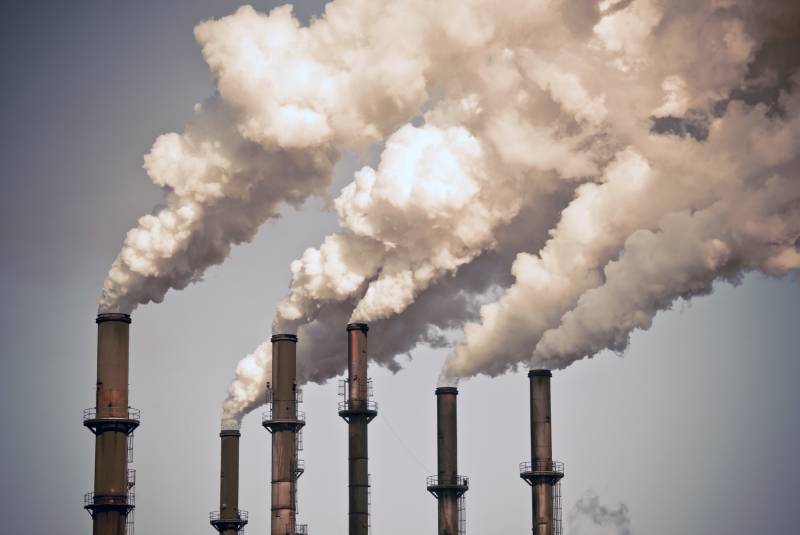The Environmental Protection Agency adopted a new rule restricting the types of scientific studies its own regulators can use to rein in pollution, the Trump administration’s latest effort to undercut the use of science in establishing public health standards.
The rule goes into effect on Jan. 6 and applies to all future EPA regulations. It puts a premium on scientific studies that are based on underlying data that is available to other scientists or to the public. Studies that do not meet that standard, which could include major epidemiological studies, will be given less weight by regulators unless the head of the EPA personally intervenes. The rule also requires that the agency disclose which studies it uses to set future pollution limits.
“The American public deserves to know which studies we are using to craft our regulations, which of those studies are key or pivotal to our decisions and, to the extent possible, that data should be available for the public to see,” EPA Administrator Andrew Wheeler said in an announcement about the rule, which was hosted by the conservative think tank the Competitive Enterprise Institute.
The EPA contends that the rule will improve public trust in environmental regulations. The EPA says the public will know more about the data that regulators use to make their decisions about air and water pollution, including greenhouse gas emissions that cause climate change and particle pollution that can exacerbate chronic diseases that make people more susceptible to severe COVID-19.
But many scientists and public health groups warn that the new approach will instead put the health of Americans at risk by excluding rigorous studies.

9(MDAxOTAwOTE4MDEyMTkxMDAzNjczZDljZA004))
